The Best Polish Films According To The British Film Institute
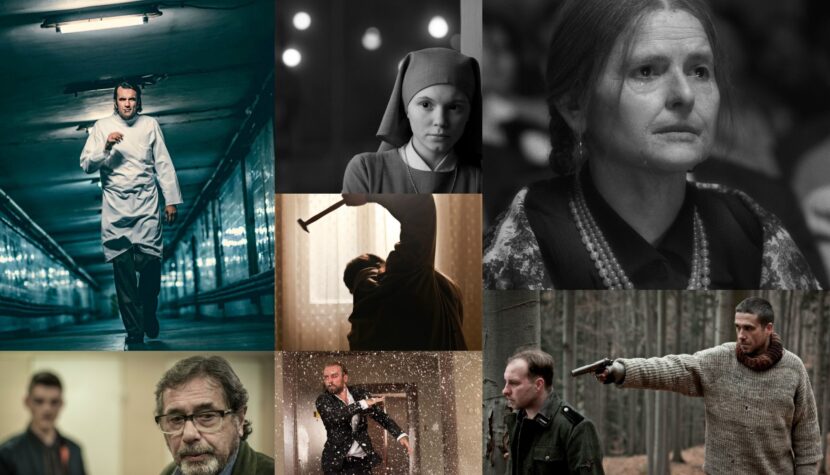
At first glance, the list appears to be like any other – like many before it and undoubtedly many more to come after it. A quick look at the names and we have the familiar, decades-old standard of Slavic cinema.
Wajda, Polanski, Has, Zanussi, Kieślowski… so essentially, the obvious choices. What might be more surprising, however, is the selection of films – and it’s not just about the preferences of the individual responsible for the entire affair. The controversial aspect here is rather the genesis of the selection itself. As explained, the selection was limited to those titles available in the UK on home cinema-friendly (read: subtitled) media.
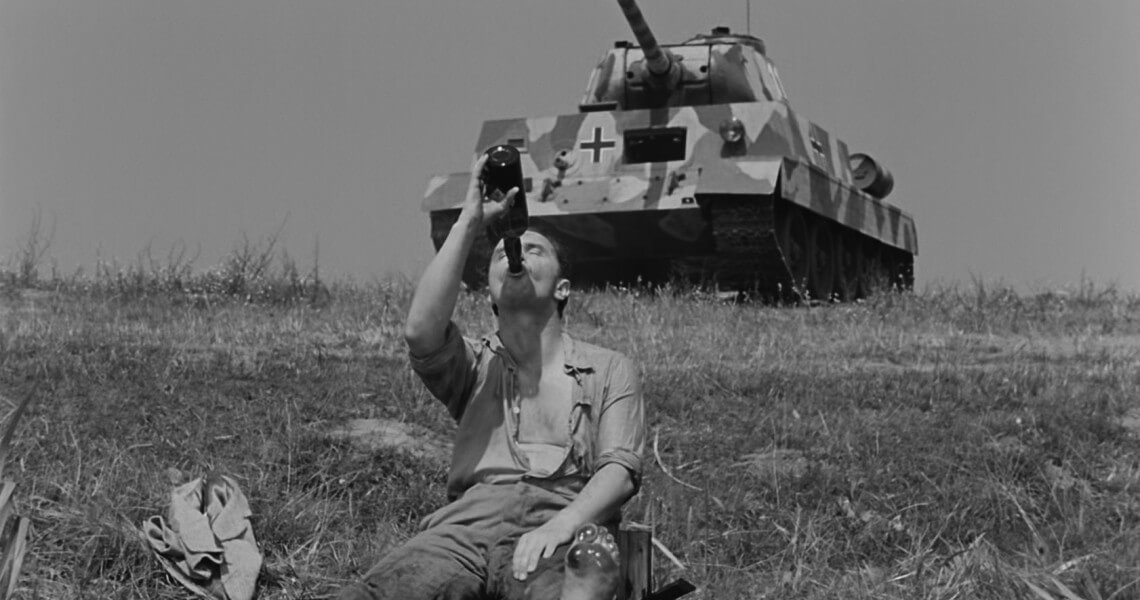
Indeed, such publications increase from year to year, mainly thanks to distributors like Artificial Eye or Arrow Video, as well as campaigns promoting “good, because Polish” cinema – similar to the one initiated across the ocean by Martin Scorsese not long ago. However, this doesn’t change the fact that a whole array of significant, outstanding productions from beyond the Vistula are excluded right from the start, which can be surprising, especially considering those that were honored. So, what do we find in this list titled “The Best of Poland”?
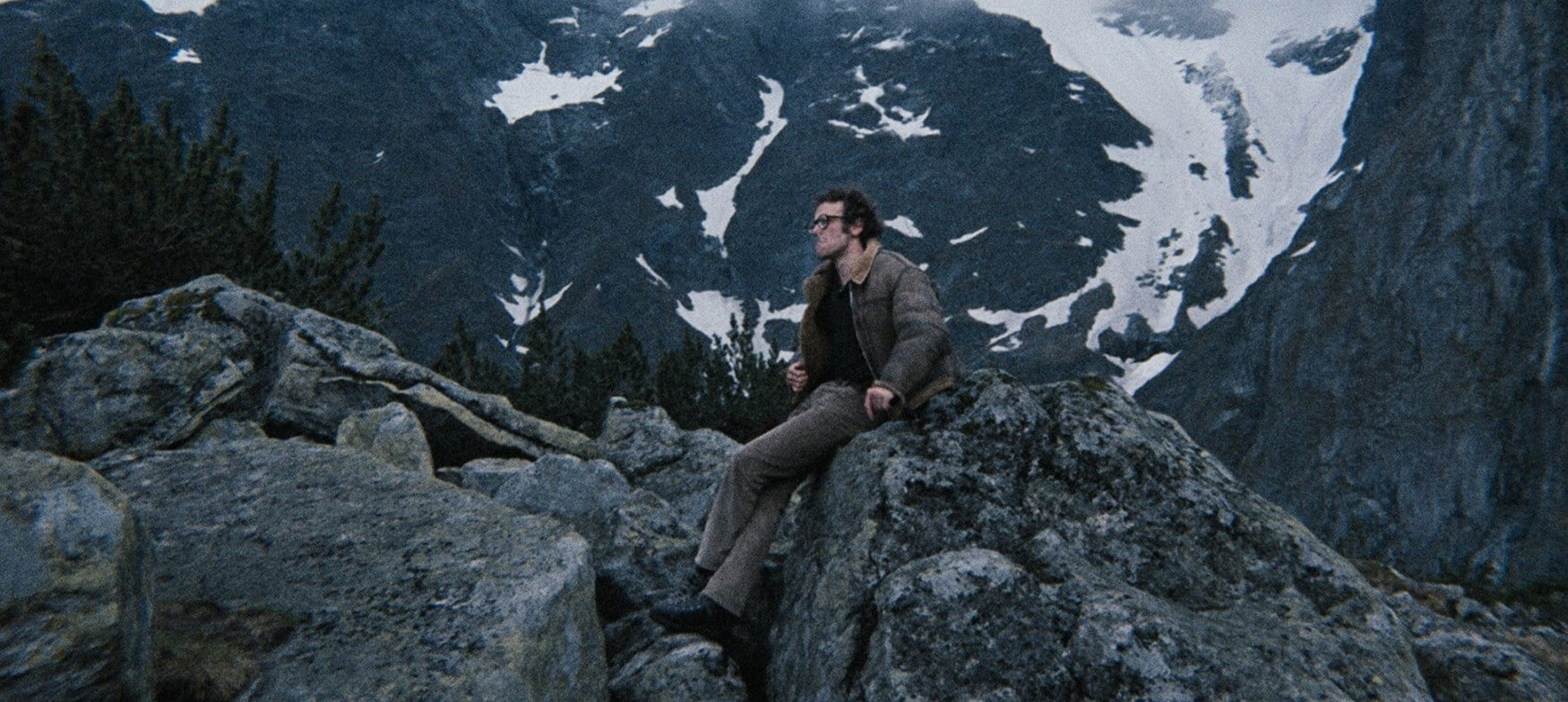
The unnumbered list, arranged chronologically, opens with Andrzej Munk’s 1957 film Eroica, whose comedic wartime absurdities the author compares to Catch-22. Next is the immortal Ashes and Diamonds (1958) by Wajda – notably well-released by the aforementioned Arrow Video – surrounded by more worn-out patterns, with the Polish James Dean leading the way. Also included is Roman Polanski’s Knife in the Water (1962), a masterpiece of minimalist cinema. Notably absent here is Polanski’s The Pianist.
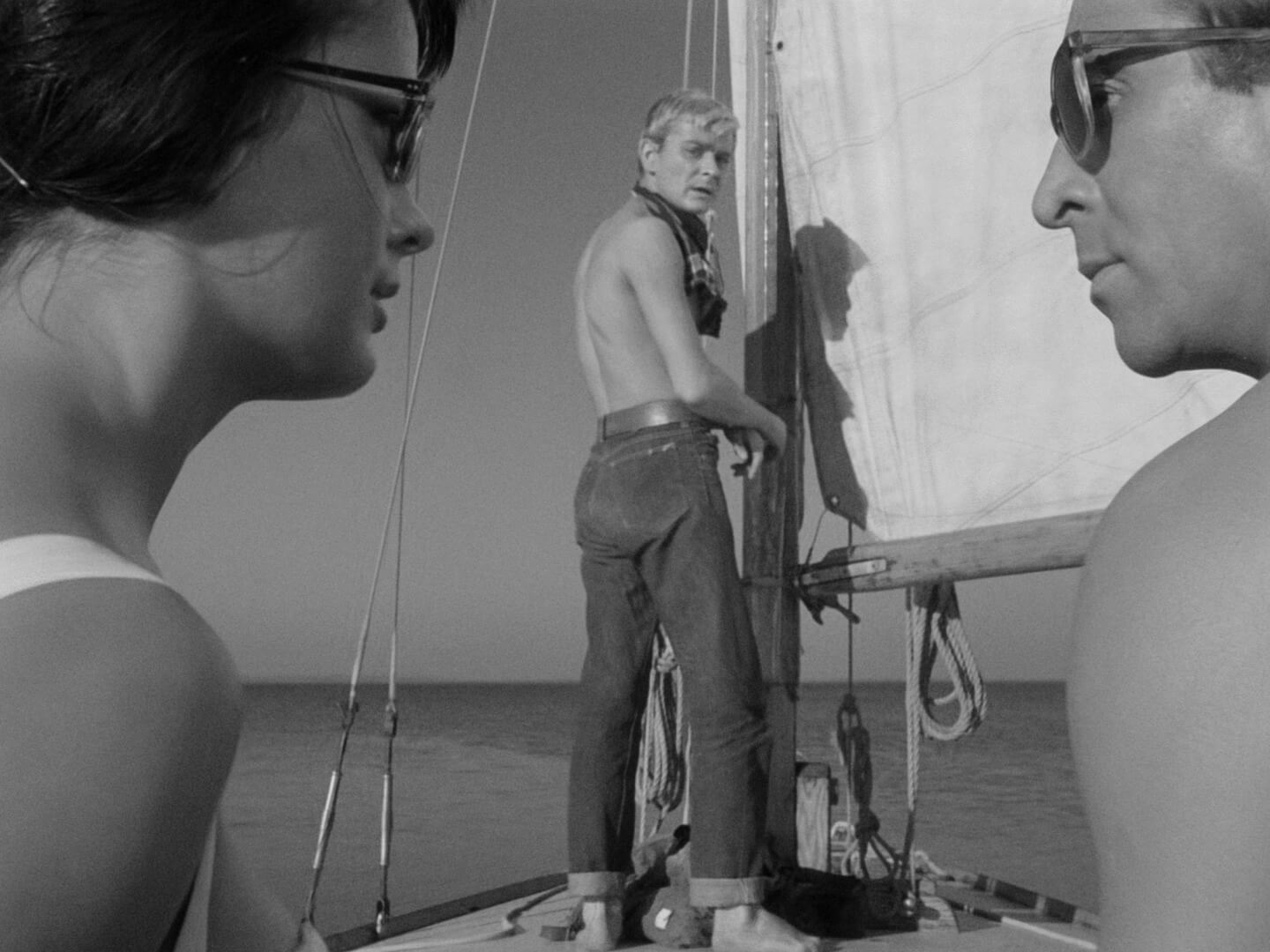
We find Wojciech Jerzy Has’s The Saragossa Manuscript, a masterpiece from three years later, universally adored and widely considered one of the best films of Polish cinema. The top five is rounded out by Krzysztof Zanussi’s The Illumination (1973), the first color film on the list, and one of the most accessible titles from this director, who isn’t particularly liked by contemporary audiences but whose visual achievements are captivating.
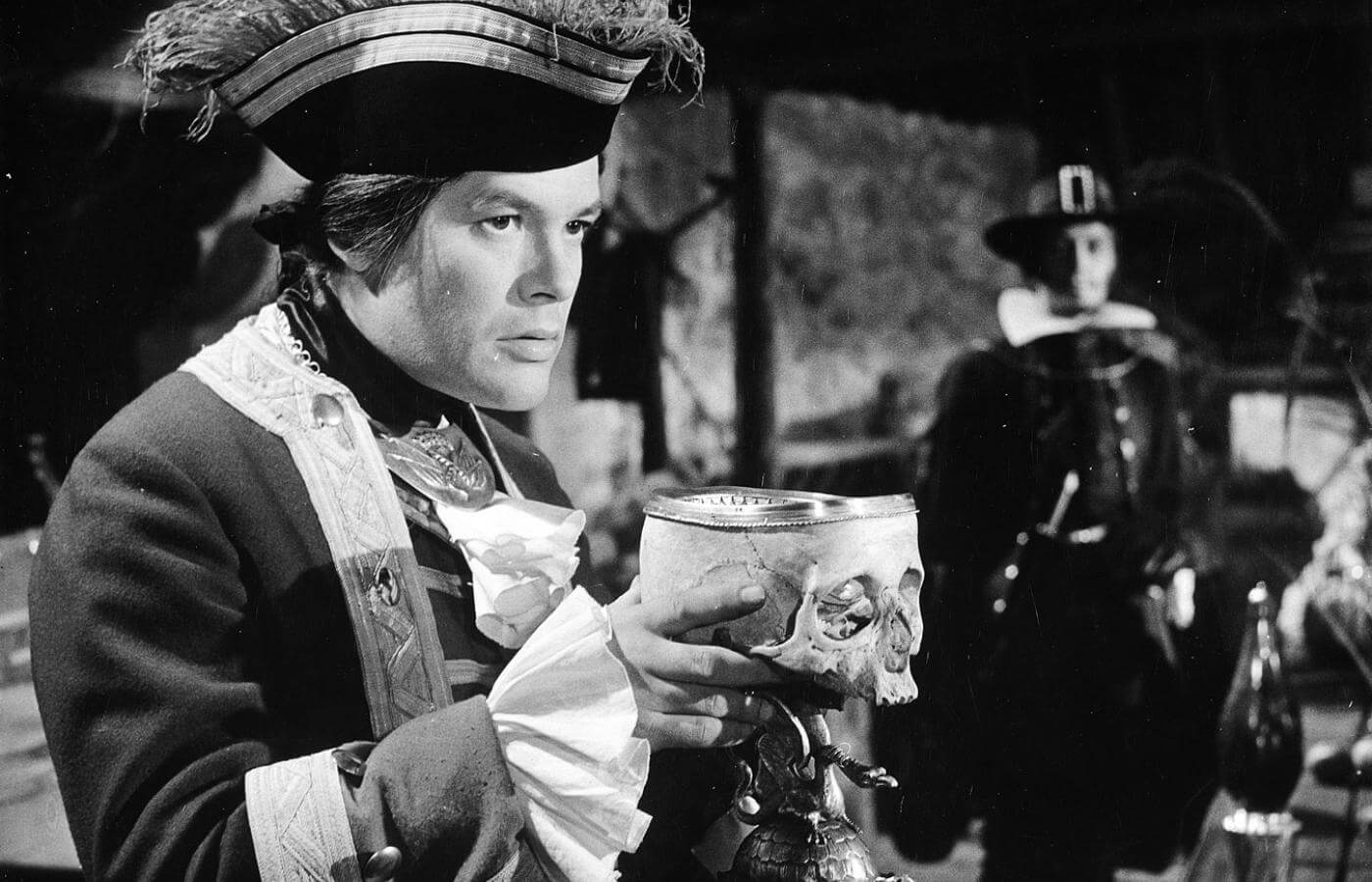
Further on, we encounter Wajda again, this time in a purely “communist” light with Man of Marble (1977). The first part of a duology, later turned into a trilogy with Wałęsa, it’s interchangeably included in similar rankings with its “sequel,” Man of Iron. However, it’s indisputable that “marble” became a global phenomenon in its time and rightfully takes precedence here. It’s also commendable that the author appreciated Interrogation (1982) by Ryszard Bugajski – the most famous Polish colonel is not often included by foreign critics in such publications, and he deserves praise from top to bottom.
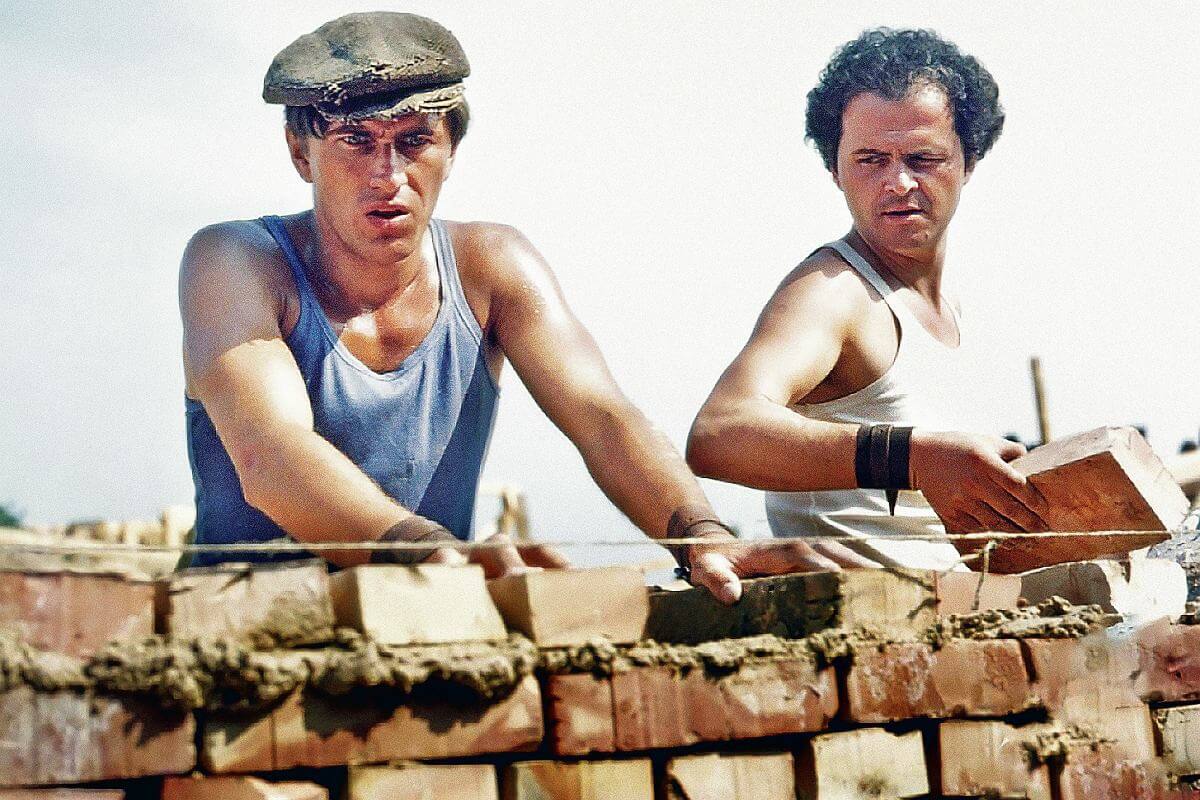
And of course, there’s Krzysztof Kieślowski. But not in the form of any of the Three Colors, The Decalogue, or The Double Life of Veronique, or even his television work (which was released in the UK in a wonderful box set accompanied by short documentaries), but only a fragment of his work, which was also screened separately in feature film form. Specifically, A Short Film About Love from 1989. I must say, it’s a pleasant surprise, not so obvious.
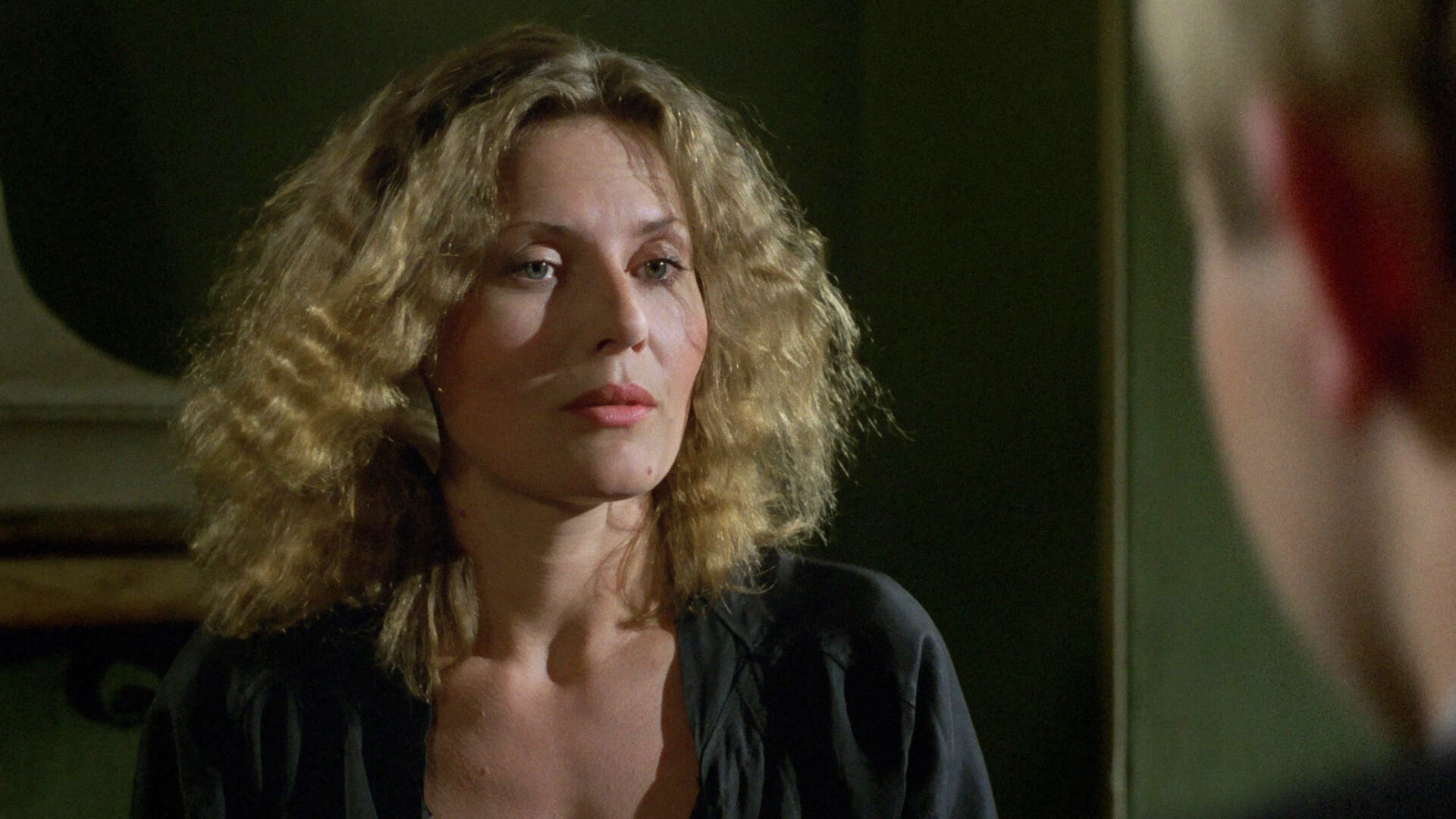
No less significant is Escape from the “Liberty” Cinema by Wojciech Marczewski. Released in 1990, the film is very similar to Woody Allen’s The Purple Rose of Cairo. In many ways, it’s the most entertaining, heavily Western representative on this modest list, and consequently, the most underrated by critics – hence its presence here can be seen as a kind of surprise.
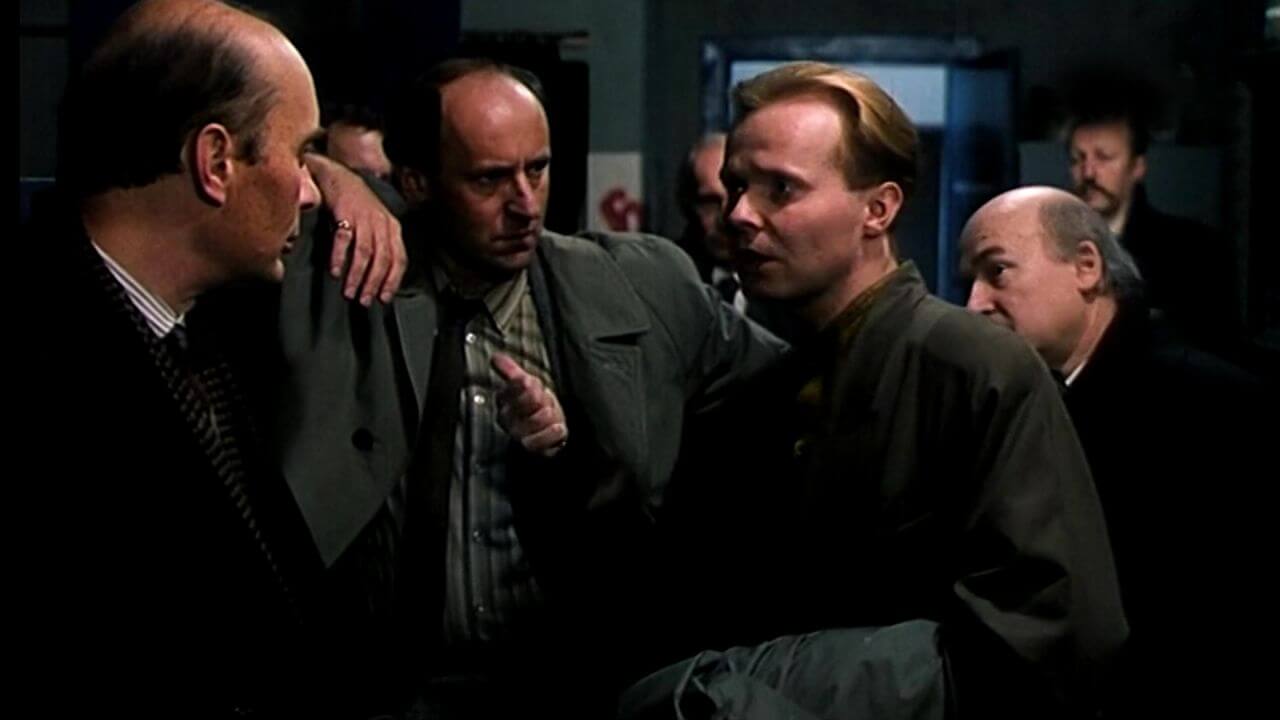
The entire list is topped by Ida (2013) by Paweł Pawlikowski, the only Polish film that somehow managed to win an Oscar. This is perhaps the most controversial title among those mentioned, as it could easily be replaced by many more valuable things. However, there’s no doubt that its popularity and esteem abroad are due at least in part to its extraordinary form (cinematography!), the aforementioned accolades, and Pawlikowski himself, who lives and works in the UK.
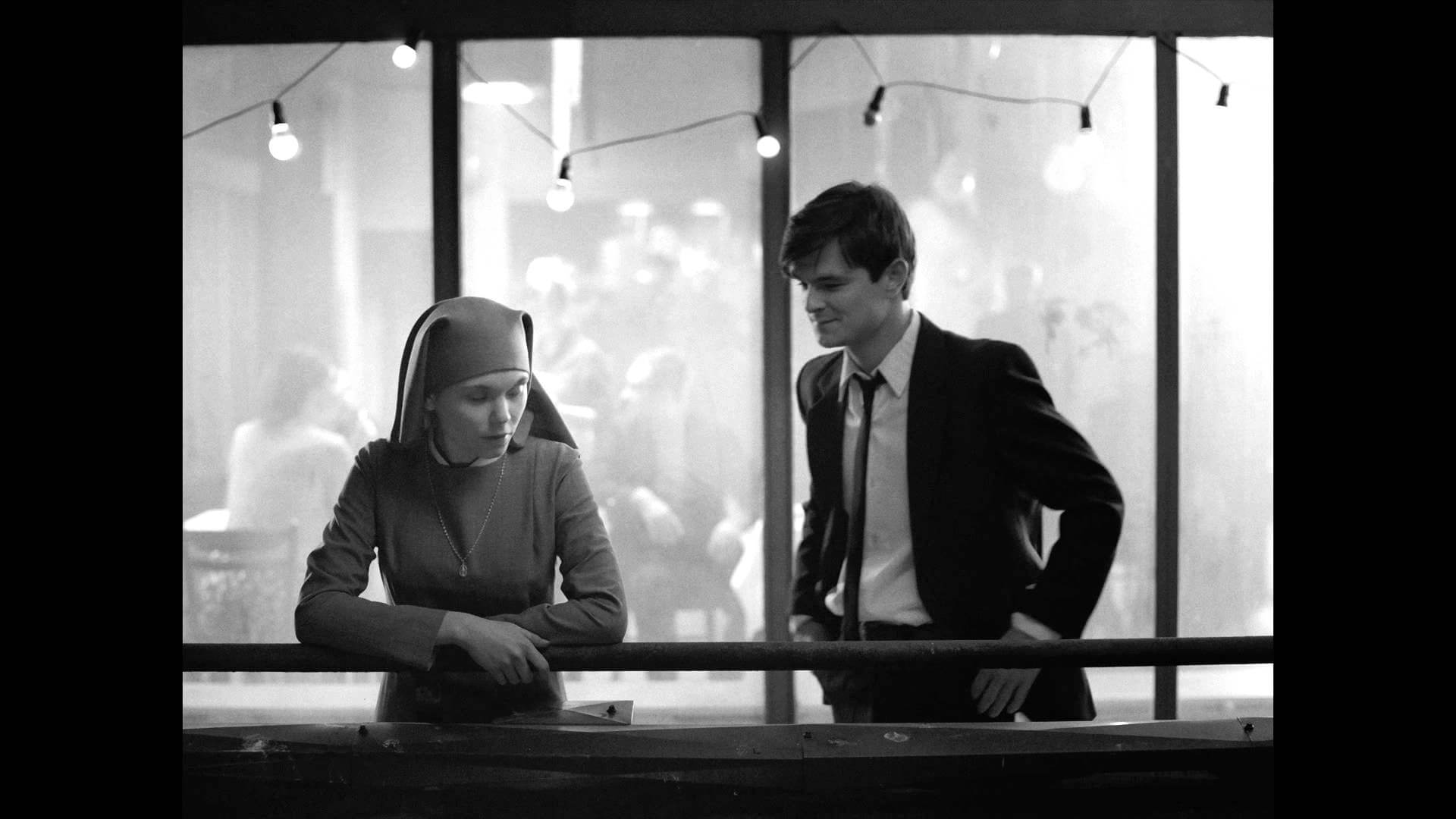
So, that’s it. There’s no great shame, and each place has been adequately justified, but… Well, exactly. From our perspective, those who know far more excellent Polish productions, it’s easy to be disappointed. Where are The Deluge, Knight of the Teutonic Order, The Promised Land? Where are The Dogs, The Debt, or much more recent, controversial, but always heatedly debated films by Wojciech Smarzowski? Where’s Pharaoh, perhaps the most iconic Polish film outside the country, still screened in cinemas around the world? Such questions with examples could be multiplied endlessly.
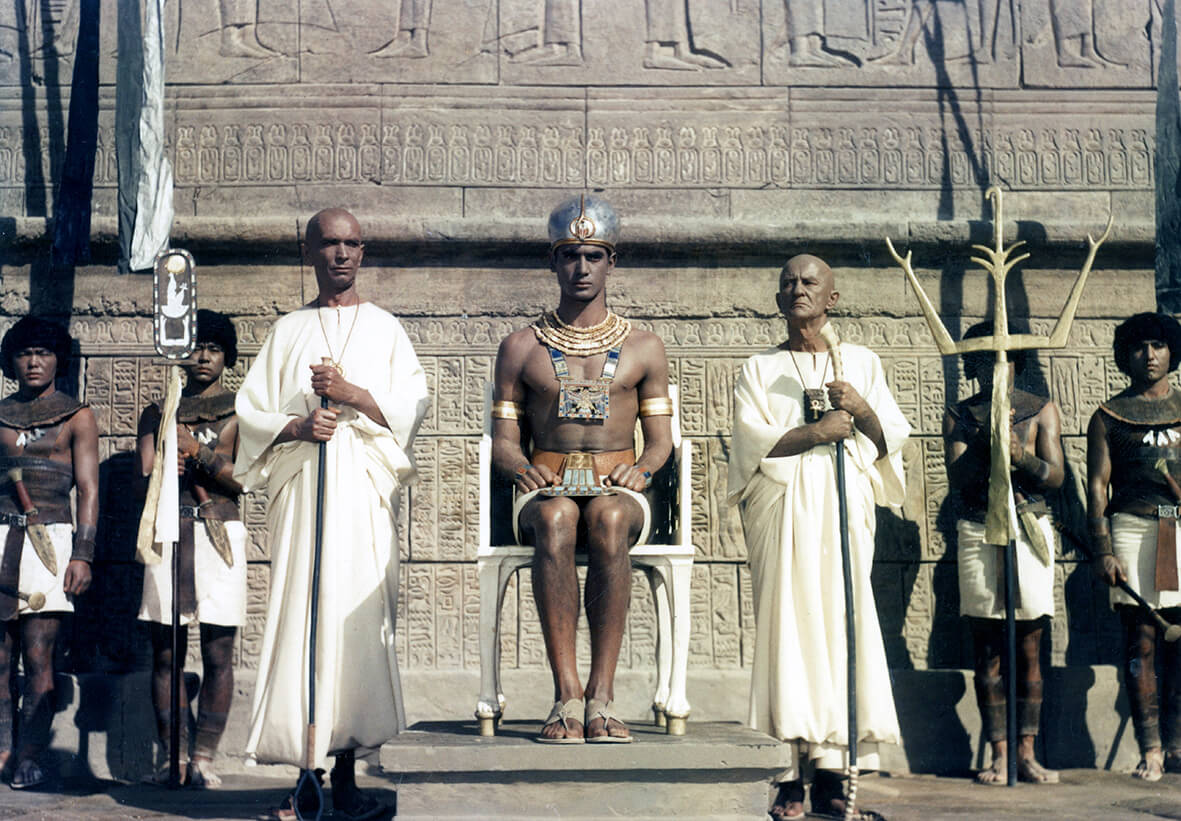
Another list from the BFI comes to the rescue – a kind of addendum to the first one, based this time on “the voice of the people” that came to the institute’s team. It looks like this:
Mother Joan of the Angels (Jerzy Kawalerowicz, 1961)
The Hourglass Sanatorium (Wojciech J. Has, 1973)
A Short Film About Killing (Krzysztof Kieślowski, 1988)
Three Colors (Krzysztof Kieślowski, 1993-94)
Kanal (Andrzej Wajda, 1957)
Rose (Wojciech Smarzowski, 2011)
The Double Life of Veronique (Krzysztof Kieślowski, 1991)
The Promised Land (Andrzej Wajda, 1975)
Passenger (Andrzej Munk, 1963)
Night Train (Jerzy Kawalerowicz, 1959)
A glance at the above ten – Kawalerowicz finally appears! – and it’s clear that it might not be so much better, because it’s a matter of taste, but decidedly more impressive. Apart from a small mathematical trick in the form of the Colors Trilogy, it also seems more coherent and valuable in terms of history. Nevertheless, it still doesn’t include many of the esteemed productions of Polish cinema that we, Poles ourselves, value.
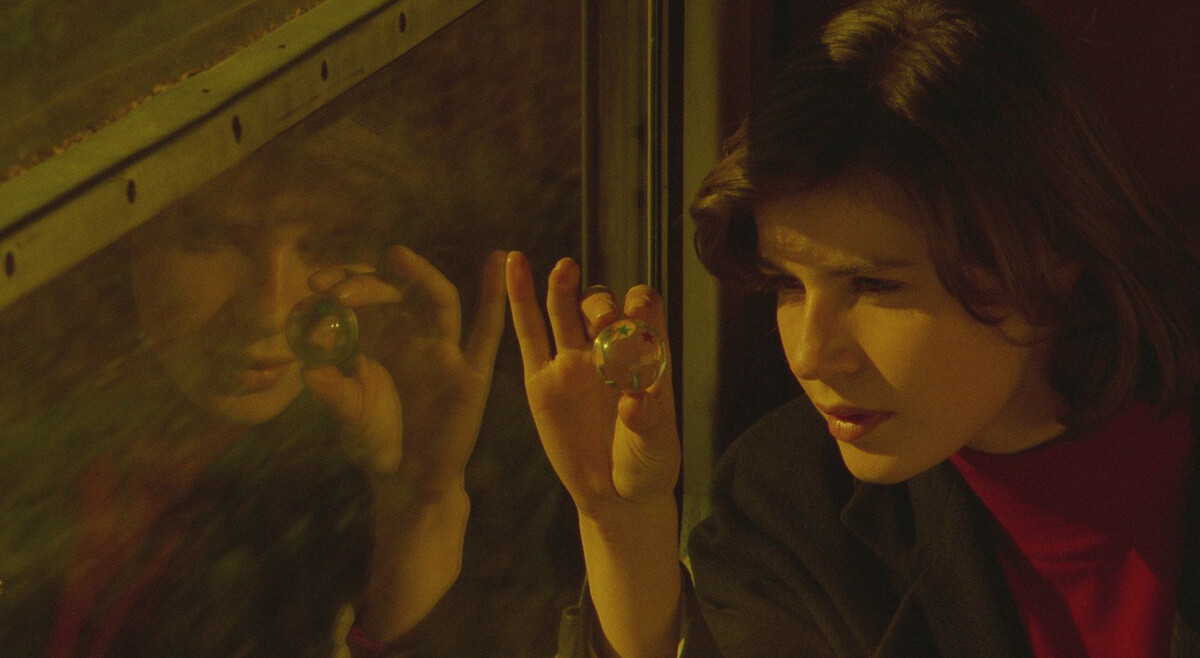
Moreover, even the list published a year earlier on the Taste of Cinema website, although certainly more pleasant to the eye and soul, doesn’t exhaust the topic, or the potential of such a compilation. There could be much debate about what could and should be on such lists and how many spots they should have (which I encourage in the comments). However, the conclusion seems overly simple. We have a truly rich legacy that we not only can’t be ashamed of, but should boast about left and right. Consequently, we won’t have to wait long for the next rankings of this kind – and I’m convinced that they will be accompanied by similar emotions. To quote the classic: “to the very end, mine or hers.”

